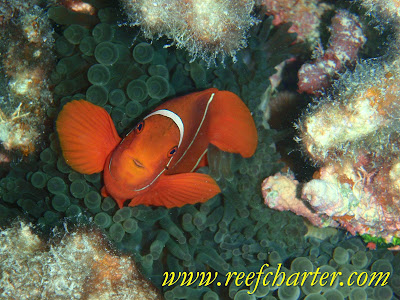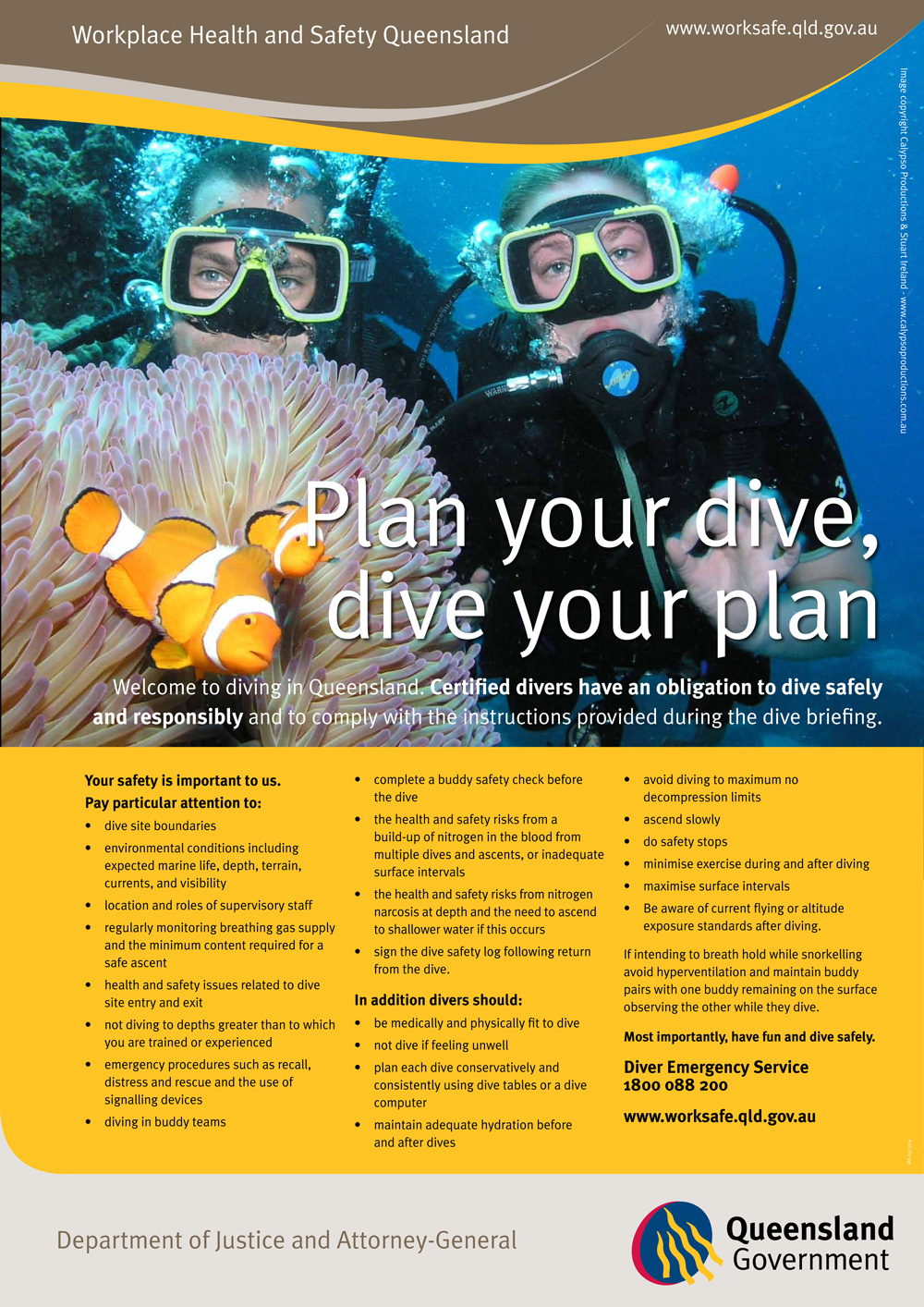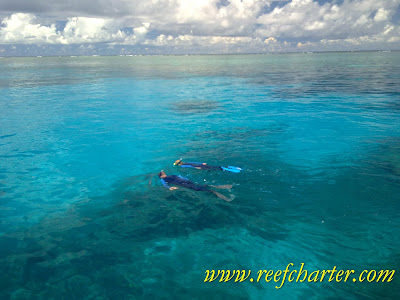The last survey results for December 09 have come in and again our crew have done an great job resturning some impressive numbers. Thanks to all the guests who came out with us in the month of December for your valued feedback and hope to see you again.
Market Characteristics:
Guests Home Country: 35% from the UK,
25% 20-29 year olds, 20% 30-39 year olds.
30% Professionals, 45% Travelling with their Partner,
95% First Time Visitors to TNQ, 90% First Time Reef Visitors.
Satisfaction:
Reef Met Expectations: 80% very much / 20% Yes
Trip Met Expectations: 90% very much / 10 % Yes
Received Value for Money: 100%
Would recommend the trip: 100%
Average Score: 9.4 /10


